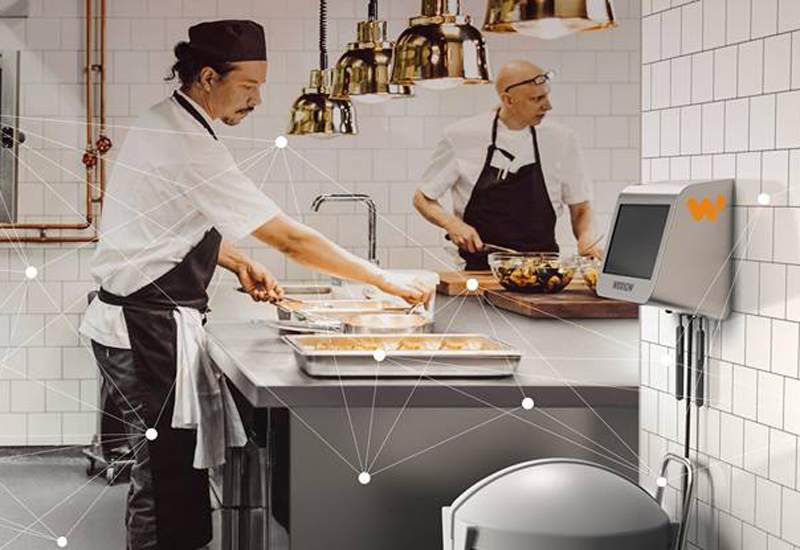In today’s fast-paced digital world, voice assistants like Siri, Alexa, and Google Assistant have become integral to our daily lives. Similarly, WhatsApp calls have revolutionized how we communicate globally. This article explores the synergy between these two technologies and how they can be harnessed for efficient communication.

The Rise of Voice Assistants
Voice assistants have evolved from being simple voice-activated tools to complex systems capable of managing tasks, providing information, and even controlling smart home devices. Their convenience and ease of use have made them popular across various demographics.
How Voice Assistants Work
These digital assistants use algorithms and natural language processing to understand and execute user commands. Whether its setting a reminder, playing music, or answering queries, they are designed to make life easier.
Applications of Voice Assistants in Daily Life
From managing daily schedules to assisting in cooking recipes, the applications of voice assistants are vast. They also play a significant role in enhancing accessibility for individuals with disabilities.
Understanding WhatsApp Calls
WhatsApp calls have taken the concept of connectivity to a new level. With end-to-end encryption and global reach, they offer a reliable communication platform.
Features of WhatsApp Calls
Besides voice and video calls, WhatsApp offers features like group calling and integration with other apps, which add to its versatility and functionality.
Benefits of Using WhatsApp Calls
The primary benefit is cost-effectiveness, especially for international calls. Moreover, its user-friendly interface makes it accessible to a wide audience.
Integrating Voice Assistants with WhatsApp Calls
Combining voice assistants with WhatsApp calls can streamline communication. By using voice commands, users can initiate calls without manually navigating through their devices.
Setting Up Voice Assistants for WhatsApp Calls
Most modern smartphones allow integration between voice assistants and communication apps like WhatsApp. Users can configure their devices to make calls directly through voice commands.
Advantages of Integration
This integration offers hands-free operation, which is not only convenient but also enhances safety, especially when multitasking or driving.
Challenges and Solutions
Despite the benefits, there are challenges like compatibility issues and privacy concerns. However, continuous technological advancements are addressing these challenges effectively.
Overcoming Compatibility Issues
Updating device software and apps regularly can mitigate many compatibility issues. Manufacturers are also working towards making their systems more universally compatible.
Addressing Privacy Concerns
Privacy remains a significant concern. Using features like encryption and setting up strong authentication methods can enhance security.
Future of Voice Assistants and WhatsApp Calls
The future looks promising as these technologies continue to evolve. We can expect more seamless integration and advanced features that will further transform communication.
Technological Advancements
Advancements in AI and machine learning will make voice assistants more intuitive and capable of understanding complex commands.
Potential Impact on Communication
As these technologies advance, they will redefine communication, making it more efficient and accessible worldwide.
Conclusion
In conclusion, the integration of voice assistants and WhatsApp calls offers numerous benefits, from convenience to enhanced accessibility. As technology progresses, this integration will become even more impactful, transforming how we communicate in our daily lives.

FAQs
Can I use voice assistants to make WhatsApp calls?
Yes, most modern smartphones allow you to integrate voice assistants with WhatsApp for hands-free calling.
Is it safe to use voice assistants for WhatsApp calls?
While there are privacy concerns, using encrypted networks and strong passwords can enhance security.
What are the main benefits of integrating these technologies?
Key benefits include convenience, hands-free operation, and enhanced accessibility.
For more information on the future of voice recognition technology, visit this article.
Learn more about how to manage voice assistants with multiple users here and find out how GDPR affects voice-controlled devices here.
This article contains affiliate links. We may earn a commission at no extra cost to you.





